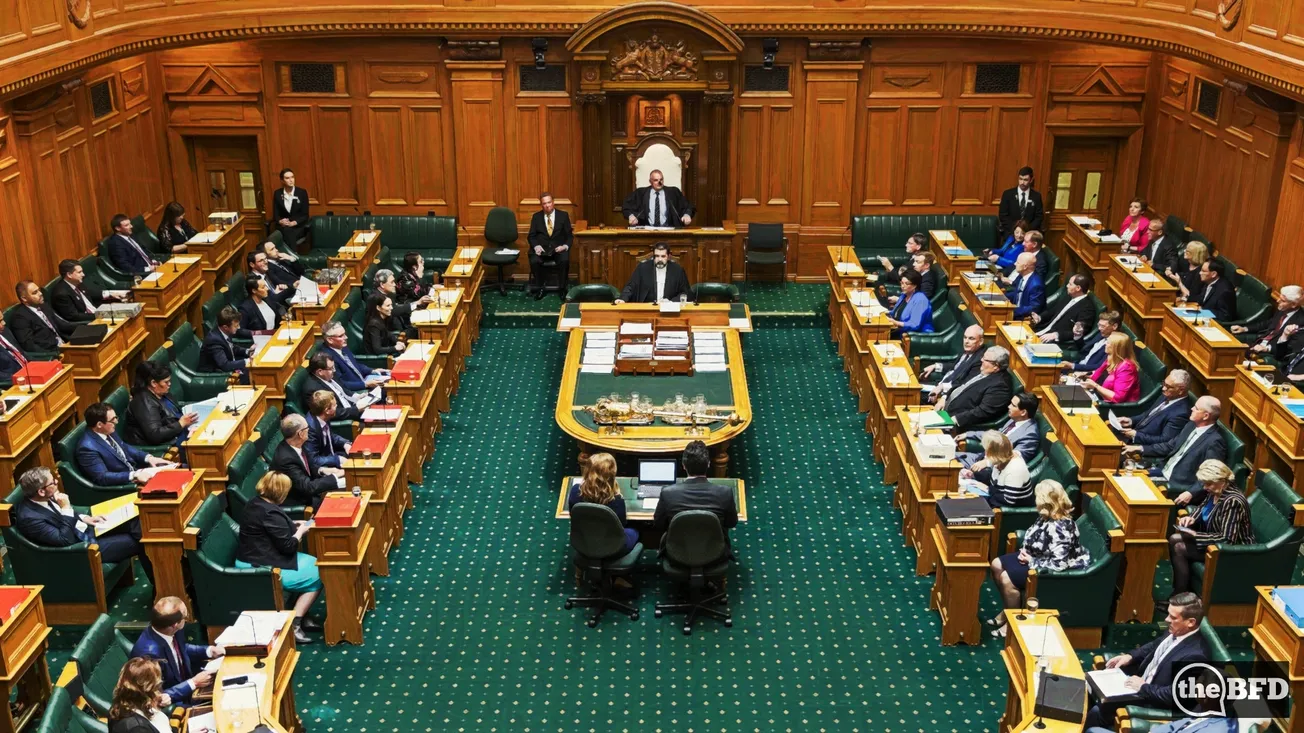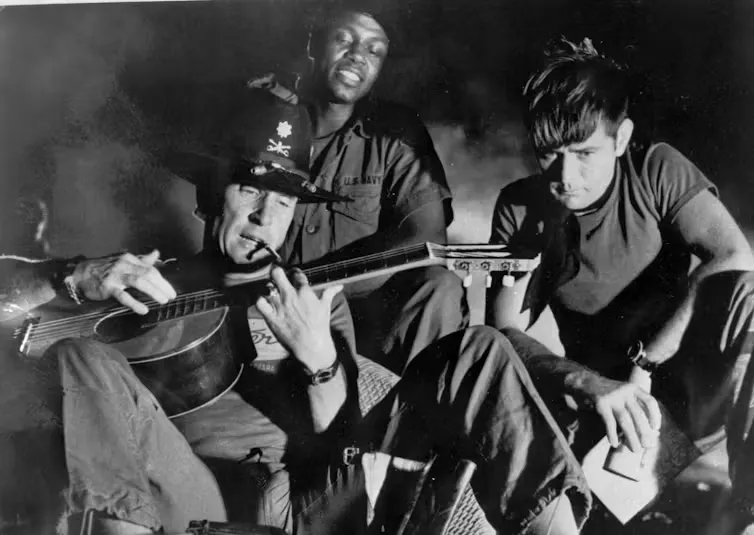Table of Contents
A few years ago I took part in an online discussion with various political junkies, mostly psephologists from British universities including a couple of well known ‘election experts’ from Nuffield College, Oxford, and I gained a certain reputation when I pointed out where they were mistaken. Typically for left wingers they were saying that various parts of Britain, South Wales, industrial cities of Yorkshire and elsewhere were ‘solidly Labour’ – had never elected a Conservative and never would do so.
Apart from it bringing into question how much psephology they actually engage in, things got a bit heated when I kept saying “Wrong!” “No, wrong!” as each place was mentioned. Eventually I said the only place in the entire UK which had never in its history been represented in Parliament by a Conservative MP was the Scottish city of Paisley.
What seemed to astonish and upset them was to learn that every single Labour party ‘fortress’ in South Wales had at one time or another had a Tory MP. Where the confusion arose is that back in the day the whole of Monmouthshire and Glamorganshire were single constituencies that elected two MPs; invariably a deal was done between each side – Whigs and Tories – to each put up one candidate and both would be elected unopposed. It saved the hassle and expense of an election that usually involved spending large sums of money either bribing the smallish number of electors – or getting them drunk – prior to casting their votes.
Apologies for the history lesson, but with a new socialist MP taking their seat this week to replace Mallard and another new MP for Hamilton West to be elected in a month or so, how lucky we as a country would be were they to follow the marvellous example of a Liberal fellow called Christopher Rice Mansel Talbot who ‘inherited’ his seat in the House of Commons from his (Tory!) stepfather.
Talbot was elected an MP in 1830 and remained in parliament until his death 60 years later, when he was Father of the House, despite making the grand total of one speech; well, one and a bit. He made his maiden speech a few months after being first elected, and then in 1880 rose and made a short intervention noting his 50 years as an MP.
Instead of seeking to govern Britain – and think of ways to tax, regulate, or otherwise part people from their money, freedoms and property – Christopher Rice Mansel Talbot spent his time greatly expanding the huge fortune he inherited on his 21st birthday. He developed his estates and built an ironworks, a railway and Port Talbot (modestly named after himself) whilst encouraging other businessmen to also make as much money as possible.
Although he was a surprisingly dutiful attender of the House of Commons (he appears to have been present in the chamber on almost every single day it was sitting for some decades), he never felt the need to stand and make speeches and considered doing so rather a bore. He also simply ignored numerous “causes” which cropped up in the Victorian era, such as Welsh nationalism or Welsh disestablishment. Oh to have MPs like Mr Talbot in our parliament; oh to have 120 MPs more focused on promoting capitalism and economic growth, and doing so by setting a personal example rather than annoying everybody with actual ‘governing’ as is the usual situation – we should be so lucky!









